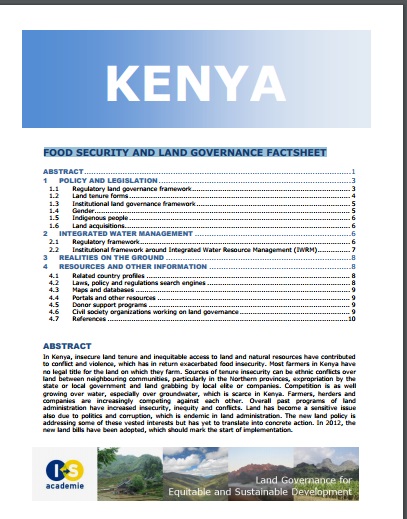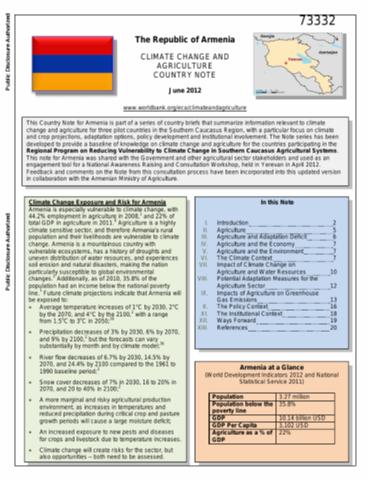Malawi - Institutionalizing Traditional Community-Based Natural Resource Management
Malawi, a landlocked country in
southern, central Africa, depends on its natural resources,
especially the agriculture sector, to meet the demands of a
population of about 11 million people. The country has
developed a remarkable fishing industry, keeping in mind
that about 20 percent of the area is covered by water,
including the famous Lake Malawi (called Lake Nyasa by the
riparian states, Mozambique and Tanzania). Lake Malawi/Nyasa





